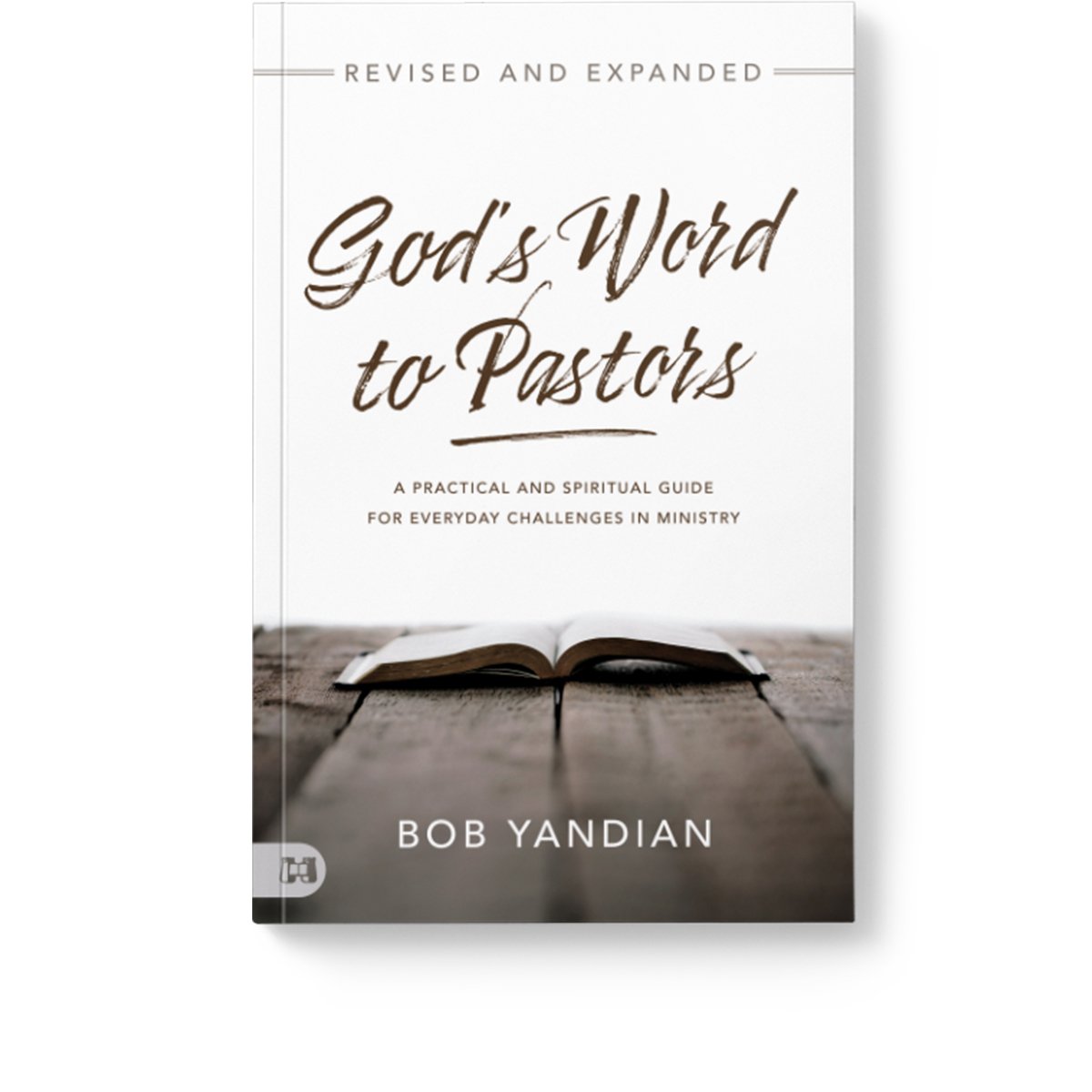The Pastor’s Greatest Asset
Bob Yandian
Some pastors get the idea they have the power in the church. In reality, the people are the true power of the church. God can very easily replace pastors, but it is more difficult to replace whole congregations! Many congregations have continued to exist for long periods of time without a pastor, but no church can exist without a congregation.
The greatest asset the pastor has is not the buildings or the offerings. Neither is it his preaching nor teaching ability. His greatest asset is the people, and he must always remember he will be held accountable for how he treats the flock of God.
Some pastors beat their sheep from the pulpit, and then wonder why the flock scatters. Whenever anything goes wrong or there’s not enough money, they always blame the people.
There may be times when the congregation is at fault in some area, and the pastor may be led by the Spirit of God to exhort and instruct them. But his responsibility, in these situations, is to deal with the problem by exhorting the people in the Word of God and encouraging them to grow up spiritually (2 Timothy 3:16, 17). He should correct and instruct with love and wisdom, not guilt and condemnation.
Constant bombardment of guilt and condemnation will not edify and motivate people to change. This only causes the sheep to scatter. God will not allow His children to be beaten this way for long. He will lead them to a pastor who will love them as God does and feed them well.
God has appointed the pastor to lead, feed, and protect His most precious possession—His people. This is an awesome responsibility. The devil would wake me up at four o’clock in the morning and say, “You have all of those people and all of those problems and all of those needs! What are you going to do? How can you possibly do it all?”
I would start thinking, “I don’t know! Lord, what am I going to do?” But the Lord answers, “They are not your sheep, Bob! Just do what I have told you to do, by My Spirit and My Word, and let Me handle the rest.” For example, Jethro hired Moses to watch his sheep; and Jesse had his son, David, watch over his sheep. Pastors do not own their sheep, either!
Shepherds should never tell their sheep, “You’re my sheep and you’ve got to stay with me.” No, the sheep go where the owner leads them. They submit themselves to the shepherd under whom the owner places them.
All shepherds are working for the Owner, Jesus Christ, the Chief Shepherd. Through the Holy Spirit, He will guide them where to pastor. Then He will bring sheep to them, to lead and feed as He directs. A pastor does not need to strive to make his congregation grow or hold people in his church.
Neither should the pastor turn his congregation into his disciples. Instead, He is to teach the people how to be disciples of Jesus Christ. Discipleship becomes error when those in the pulpit teach that you are to become a disciple to them.
Some pastors go overboard by taking too great an interest in the individual lives of their congregational members. It is good for a pastor to care for his people and have a general knowledge of what they are facing. But, it is not the pastor’s responsibility to go to the homes of his people to check up on them, to make sure they are living what he preached last Sunday. Nor should he direct the elders of the church to do this.
The pastor’s duty is to give the Word of God to the people. To hold nothing back, and to teach the whole counsel of God. The pastor should point them to Jesus, Who is the Owner and Chief Shepherd. The pastor should prepare the Word and make it as appealing as possible, presenting it in an atmosphere that is filled with the presence of God. Beginning with praise and worship. Each individual then has a choice as to whether or not they receive and live the Word that has been taught.


